Rohingya issue and concerns for Bangladesh
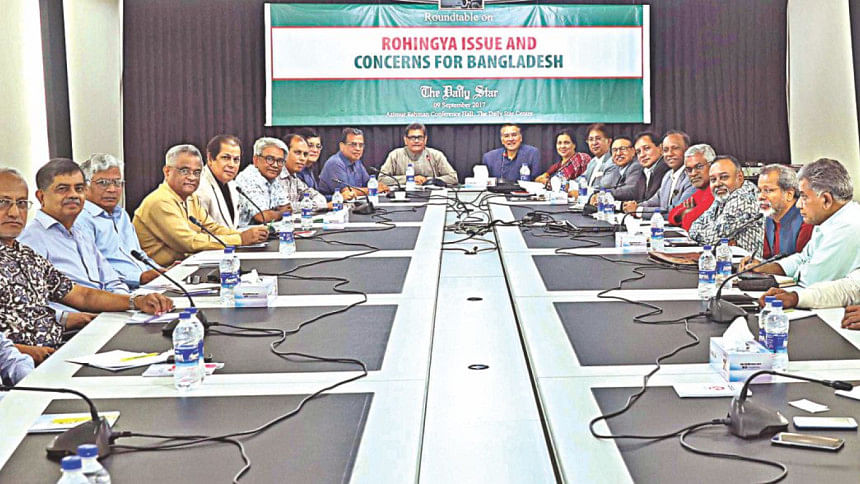
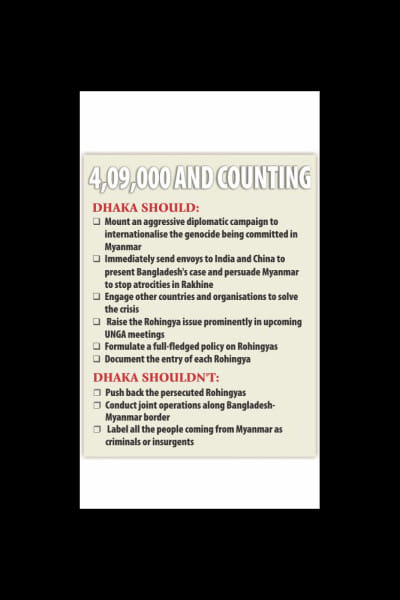
Mahfuz Anam, Editor and Publisher, The Daily Star
Bangladesh is facing new challenges that has humanitarian, diplomatic and security dimensions. It's very shocking that Myanmar is on total denial mode.The ferocity of the atrocity on the people is unbelievable. So far the responses from India and China have been very disappointing. This is one of the most complex security and humanitarian situations that Bangladesh has ever faced. We need a firm and united stance to face the crisis.
Brig Gen (Retd) Shahedul Anam Khan, Associate Editor, The Daily Star & moderator of the session
I think this is the final stage of the long-drawn Myanmar policy of clearing Arakan of Rohingyas. This policy was devised during the Ne Win regime in 1962 that culminated in the formulation of 1982 Citizenship Act. In Myanmar there is also a myth that Bangladesh aspires to carve out a territory in Rakhine and the Rohingyas will play a quisling role in helping Bangladesh. We have been seeing the manifestation of these policies since 1978, and the latest influx of Rohingyas into Bangladesh is the worst human tragedy we are experiencing. More than three-fourth of the Rohingya population of 1.2 million have fled to Bangladesh over the last forty years. If that has been so are we less than pro-active in formulating a policy on Rohingya and Myanmar? From both military and diplomatic point of view, we have long taken Myanmar as granted. We have not followed a coherent strategy that demonstrates a very well-thought-out cogent policy on our part.
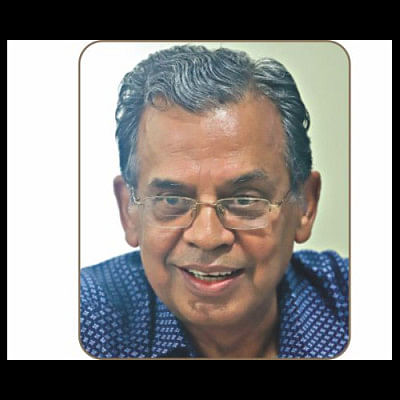
CM Shafi Sami, Former Foreign Secretary
Myanmar today has a facade of democracy because the generals despise the state counsellor Suu Kyi. The state counsellor is afraid of the generals. From behind the scene, the military junta is carrying on the policies that were initiated as early as in 1962 and they are taking advantage of the image of Nobel Laureate Aung San Suu Kyi.
Bangladesh has been patient and mature, and we have tried to resolve the issue bilaterally. However, I also find that there is a gap somewhere in the context of what happened in the recent past. We may not have properly evaluated two aspects of the issue.
One aspect is that Bangladesh is overwhelmed with the influx which is causing socio-economic problems, and the other aspect is human rights, the genocide, religious persecution and ethnic cleansing that's going on.
So far, our attention has been focused only on the first aspect. I think it is only lately that we have decided to make human rights violation an issue and that is where we lag behind. Focusing on the second aspect-the context of increased brutality and denial of Myanmar authorities-would have been more productive.
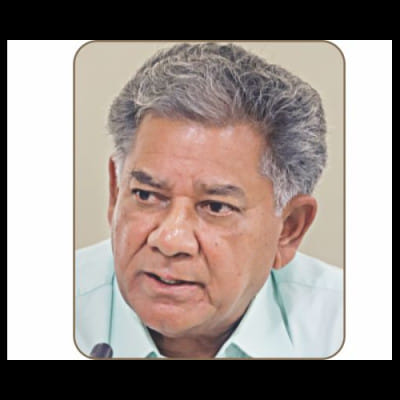
Brig Gen (Retd) M Sakhawat Hussain, Former Election Commissioner
The Rohingya issue has posed external and internal security threats to Bangladesh because Myanmar is breathing down our neck. Almost every day, as I learned from newspapers, the forces are firing here and there and their helicopters are violating our airspace.
We need an aggressive and proactive diplomacy. We still do not know whether Bangladesh has sent any envoy to India and China to discuss the ongoing crisis. We must engage these two countries. However, we are disheartened with what Modi said during his visit to Myanmar. China is the only country which has influence over the Myanmar military. Unless we can bring to bear on the Myanmar military a strong pressure, this problem is not likely to be resolved anytime soon.
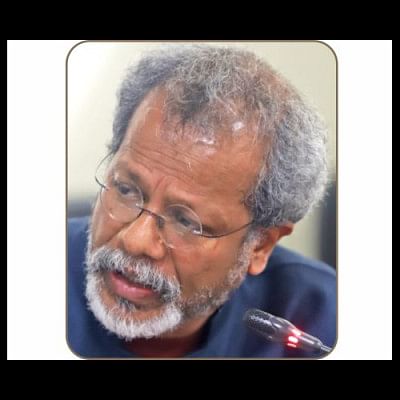
Dr Imtiaz Ahmed, Professor, Dept. of International Relations, Dhaka University
We need a proactive and multi-layered policy. There is a series of instruments such as R2P (Responsibility to Protect), International Criminal Court and Rape as a Crime Against Humanity that should be applied to launch a robust diplomatic effort.
Nobody can deny that atrocities have been committed in Rakhine and security forces failed to prevent the atrocities. Since they have failed, there should be an international peacekeeping force and that is the argument Bangladesh should place before the international forums.
Rohingyas had fled to other countries as well. So there should be an international conference, with or without UN involvement, with these countries. It is high time we sent envoys to India and China as Myanmar has already done so.
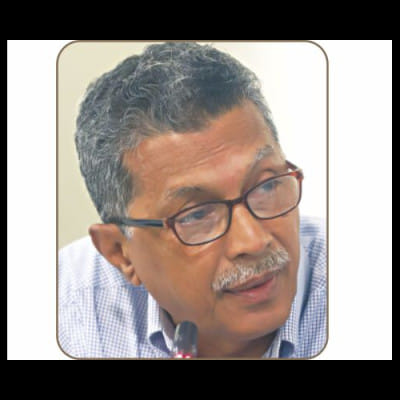
M Humayun Kabir, Former Ambassador and Vice-President, Bangladesh Enterprise Institute
We need to understand the transformation that is taking place in Myanmar's society since 2011. One is the rise of MaBaTha Movement, a Buddhist religious nationalist movement which is very popular in Myanmar. This group sees Muslims as their enemy. Furthermore, in Myanmar, Buddhism and state mechanisms are integrated. As a result the hatred for Muslims has been institutionalised in state policies. The Myanmar government enacted four laws in 2015: Population Control Law, Buddhist Women Marriage Special Act, Religious Conversion Law and Monogamy Law. All these are designed to inhibit interaction between the Burmese and Muslims in Myanmar and to target the Muslim population in western Rakhine.
Bangladesh's policy regarding the Rohingya issue has basically been ad hoc. We do not have a strategy. It has been there for 30 years. But now it looks like it is becoming a really serious problem because Myanmar is giving its final push.
As an idea, "safe zone" is very lucrative. But to create a safe zone either Myanmar has to agree or the UN Security Council has to pass a resolution to do so. We have failed to get support from India. How will we be able to mobilise other permanent members of the Security Council? I think the starting point should be sending political leadership to the capitals of the P5s [five permanent members of the UN Security Council] first to find out where they stand on the issue. If we get the go-ahead then our foreign missions can start working.
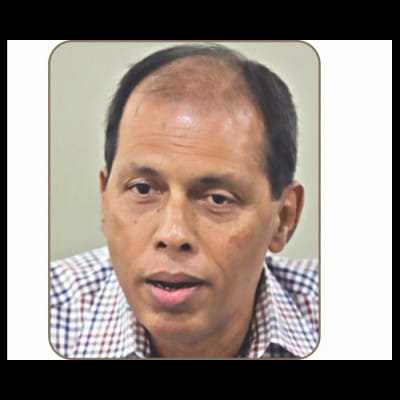
SM Nurul Hoque, President, Bangladesh-Myanmar Chamber of Commerce & Industry
Bangladesh is gradually developing economic ties with Myanmar. In 2016, the total value of formal trade between the two countries was USD 80 million. We need to continue diplomatic efforts to solve the crisis and normalise relations between the two neighbours.
I would suggest mobilising the SAARC first because almost all the members of this regional forum are affected by the Rohingya crisis.
The government should take measures to register these refugees and provide them biometric identity card. All these people should be sheltered in government administered locations so that the government can keep track of them and prevent further exploitation of these helpless people by vested interests.
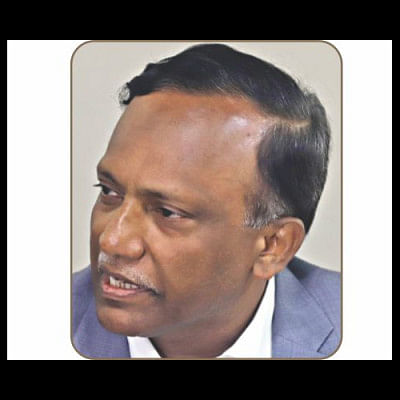
Major General (Retd.) Ashab Uddin, Former GOC, 24 Division
Safe zone is a critical issue. Unless all the big powers are brought into consensus there is little possibility of creating a safe zone. I had experience of working in a safe zone in Mozambique under UN supervision where we tried to protect the rebels by putting them all in an area. However, due to a difference of opinions among the P5 countries we had to abandon the plan. In the case of Myanmar, it has not been declared as a conflict zone; so the idea of creating a safe zone there is not realistic.
I want to focus on the role of Arakan Rohingya Salvation Army. They should have taken a favourable stand towards the report of Kofi Annan-led commission. But what they did is the opposite. It seems they have been misled by some foreign forces. We need to take account of their role very seriously. It has serious security implications for Bangladesh.
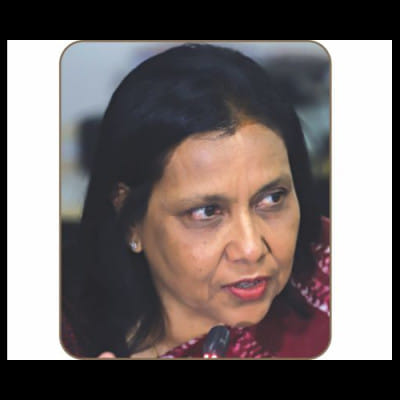
Dr Amena Mohsin, Professor, Dept. of International Relations, Dhaka University
We are seeing a rise of religious nationalism on both sides of our border. There has been a gap at both the academic and policy level in the sense that when we talk about counter-radicalisation we only count Islamic radicalisation. But other kinds of religious radicalisation can be a contributory factor towards the overall milieu of religio-centric radicalisation.
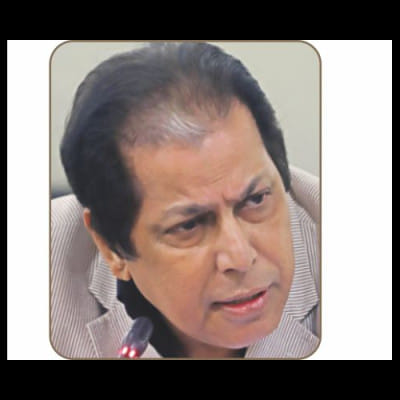
M Serajul Islam, Former Ambassador
What is going on in Myanmar is a combination of active genocide and ethnic cleansing. It is the same as what we faced during 1971. During that time Indira Gandhi played an active role in favour of the persecuted people. But now India under Modi is doing the opposite. Again, in 1978 Bangladesh managed to activate Saudi Arabia. This time we have failed to do so. We need to send the message very clearly to India, China and other countries who are maintaining silence over this issue that they are supporting genocide by keeping silent or ignoring it.
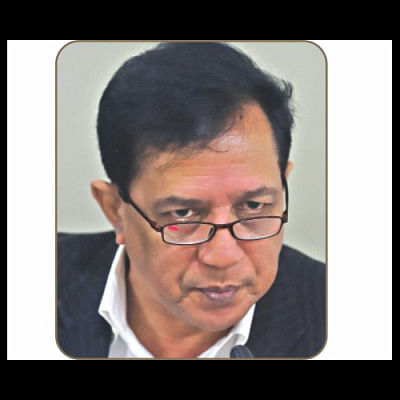
Maj Gen (Retd) Mohammad Shamim Chowdhury, Former GOC, 24 Infantry Division and Area Commander, Chittagong
When I was GOC between 2008 and 2010 in the Cox Bazar area, due to local politics, we didn't want to call the Rohingya people refugees. With the votes of Rohingyas, local members and chairmen want to win elections and that is why they do not allow them to become registered refugees. Bangladesh could have played the refugee card had it registered all Rohingyas since they started coming into Bangladesh. There was a dilemma for Bangladesh regarding national security and the humanitarian aspect. We have received a large number of Rohingyas but officially our position is that Myanmar or the Rohingya issue is not our issue, whereas this is our biggest problem. We should have a clear policy that we will register all Rohingyas who are entering Bangladesh under the present situation. And the refugees should be kept under UN supervision.
Finally, I do not see any merit of the proposal of conducting joint operation with Myanmar army.
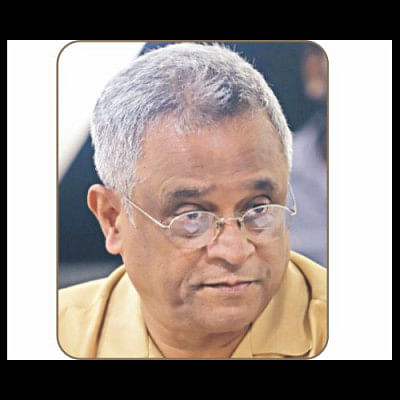
Shamim Ahmed, Former Ambassador
Bangladesh should convince the international community to put pressure on Myanmar to stop what it is doing to Rohingyas. ASEAN is an important platform which needs to be mobilised to create pressure on Myanmar. ASEAN members, particularly Indonesia, have voiced their strong opposition to the ongoing genocide in Myanmar.
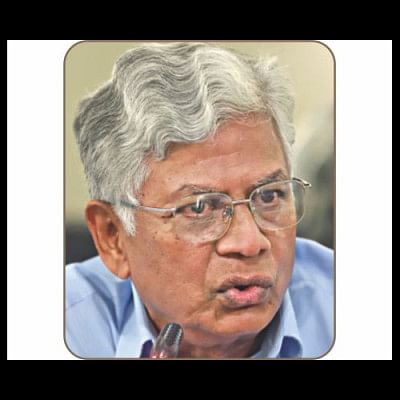
Muhammad Nurul Huda, Former IGP
We should focus on and internationalise the issues of atrocities and brutalities against the Rohingya people. Otherwise, those people will not return to Myanmar.
Not registering all Rohingya refugees who entered Bangladesh over the last few weeks was a mistake. Without registering them, we will not be able to tell the international community about the influx. I welcome the government's latest step to keep the refugees in a certain area of Cox's Bazar.
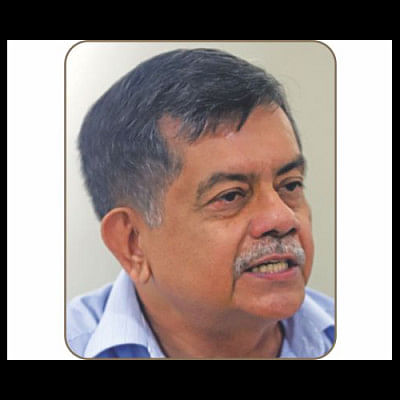
Dr CR Abrar, Professor, Dept. of International Relations, Dhaka University
We have forgotten that Rohingyas in Arakan also provided us shelter during 1971. It was unfortunate that concerted efforts were being made by a section of the civil society and media to label the Rohingya refugees as IS terrorists or BNP-Jamaat agents. We have totally missed the point that the Rohingya issue an ethnic issue. These people have been denied their rights which they had enjoyed earlier.
The government's policy towards the Rohingya refugees was absolutely myopic and of ad hoc basis. There is a state of denial about these refugees. The government always neglected the issue of undocumented Rohingyas. Our foreign ministry would not be able to show a single document where they highlighted the problem of these undocumented people in any international forum-even in UNHCR.
The government has formulated a national strategy document which is full of contradictions. On the one hand, we are saying that our missions abroad should actively engage the international community to present the case that these people have been systematically persecuted in their country of origin. On the other hand, the government is prescribing the beefing up of security and border structure and there is not an iota of recognition that this is a humanitarian problem. Even the foreign ministry does not use the word Rohingya. We need to come out of this mindset.

Mahmood Hasan, Former Ambassador
The report of Kofi Annan-led nine-member multi-sector advisory commission to investigate the allegations of rights abuses against Rohingyas was wishy-washy, which was unexpected. It didn't mention the Rohingya people as Rohingyas. Rather, they termed them as the Muslim community of Rakhine. By accepting this definition, the Bangladesh government is also delegitimising the rightful claim of the Rohingyas as an ethnic community which is connected with their political and human rights. This denial is enforcing the Myanmar authorities to persecute these people as Bengali migrants.
In recent times two meetings of UN Security Council were held respectively on March 17 and August 30 this year on this issue but nothing came out. What is our permanent mission in UN doing?
Finally, the division between political parties of Bangladesh over the Rohingya issue is hurting our efforts.
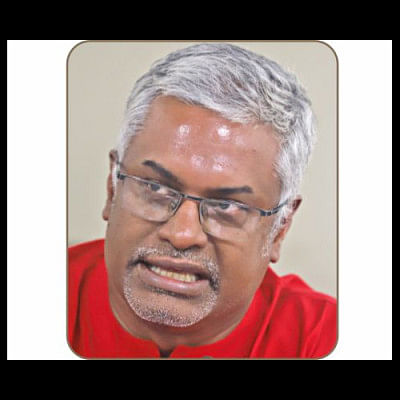
Asif Munier, Migration and Refugee Affairs Specialist
There are different solutions at the international level. One is third country resettlement. In 2010, there was a process going on at least for the registered refugees to be settled in different countries. At least 1,000 people were settled in different countries through this process and 2,000 were in the waiting list. At the time, from Bangladesh's point of view, it was seen as a pull factor. But that needs to be reviewed because the international community, particularly the US, over and over again showed interest in such a resettlement process.
In the national strategy there is a provision for humanitarian assistance. This strategy was endorsed in the cabinet in 2013. There are many anomalies between what the government is doing and what it is preaching. Bangladesh government should place something concrete about its position regarding Rohingyas.
Bangladesh Bureau of Statistics undertook a documentation effort in 2016. Under this programme they made a database of Rohingyas living in Bangladesh. The findings of database should be used at the diplomatic level.
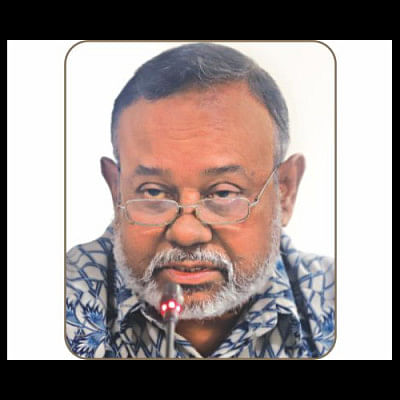
Munshi Faiz Ahmad, Former Ambassador & Chairman, BIISS
Acting on ad hoc basis is not always a bad thing. We need to take a flexible stance so that we can adjust our policies with other players. The government has taken various initiatives regarding Rohingyas but we are not aware of that. The government has a role here to make people aware of the various interventions.
I want to make some suggestions including keeping the refugees in a controlled area, properly registering them, engaging the international community, and raising the issue in international forums like the UN, ASEAN and Commonwealth.
The government can organise an inter-faith dialogue where representatives of various countries, including Myanmar, are present.
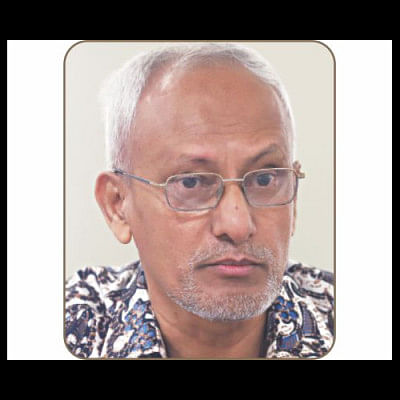
Maj Gen (Retd) Fazle Elahi Akbar, Former GOC, 11 Division
We are falling prey to Myanmar's trap by terming ARSA as a terrorist group. By proposing joint operations with Myanmar army we have conceded to the narrative preached by Myanmar and India.
Myanmar Army Chief is seeking support from the Rohingyas to eliminate Bengali terrorists and at the same time they are wiping out the whole ethnic community. We need to challenge such kinds of contradictory narratives preached by Myanmar.
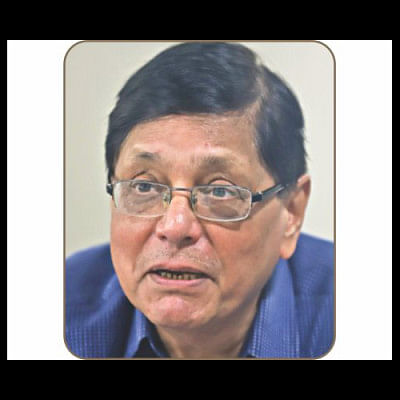
Shahed Akhtar, Former Ambassador
I want to focus on two things: inviting international media and holding a regional conference in Cox's Bazar to inform the international community about the sorry state of Rohingya refugees.
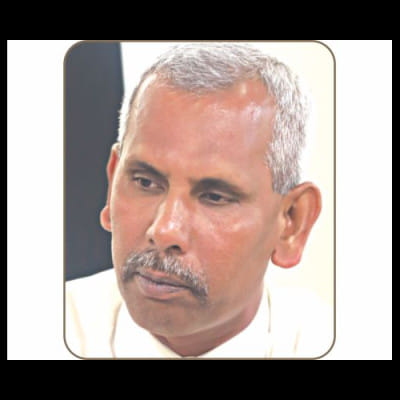
Maj Gen AKM Abdur Rahman, Director General, BIISS
We have not been able to build a good relationship with Myanmar. We have forgotten them for forty years. Recently, in an exam I asked 250 students to write the name of the capital of Myanmar. Almost all of them failed. How can we deal with Myanmar when we have very little knowledge about them?
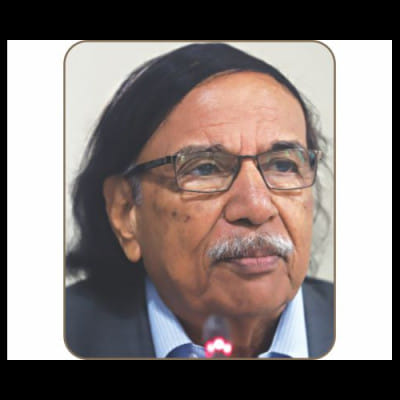
Chowdhury Khalequzzaman, Former Ambassador
I want to share my experience of serving in Myanmar from late 1993 to late 1997. At that time we had more than one lakh Rohingyas in Bangladesh. Except 21,000, we successfully sent back all the Rohingyas to Myanmar with the help of UNHCR.
Myanmar is hard to deal with. Direct communication with Myanmar will not be of much help. Bangladesh should proceed with the help of other countries, particularly the big powers. We have to mobilise support from ASEAN, China, India and Japan.
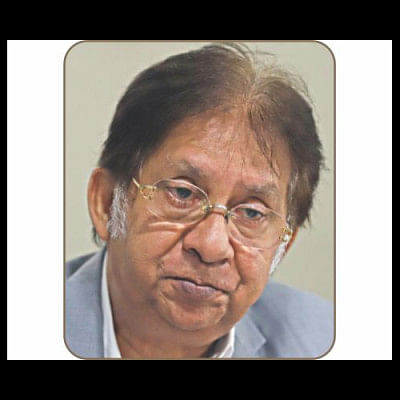
Shamsher M Chowdhury, BB, Former Foreign Secretary
Bangladesh government released a document on September 6, 2017 cataloguing what it has done to the Rohingya issue since 1978. I do not understand why the government had to wait so long to publicise its efforts. On the one hand, in 2012 we said we will not use the word "Rohingya" but in a meeting that took place in July-August this year our representative said the word "Rohingya".
The world community was sleeping and that was why there was genocide in Rwanda and in the Balkans. We need to make them aware that if they keep sleeping this time, the end result this time will be similar. What's going on in Rakhine State is ethnic cleansing. The government should mobilise each and every resource available including civil society and academicians in Bangladesh, and not only the government officers.

 For all latest news, follow The Daily Star's Google News channel.
For all latest news, follow The Daily Star's Google News channel. 



Comments